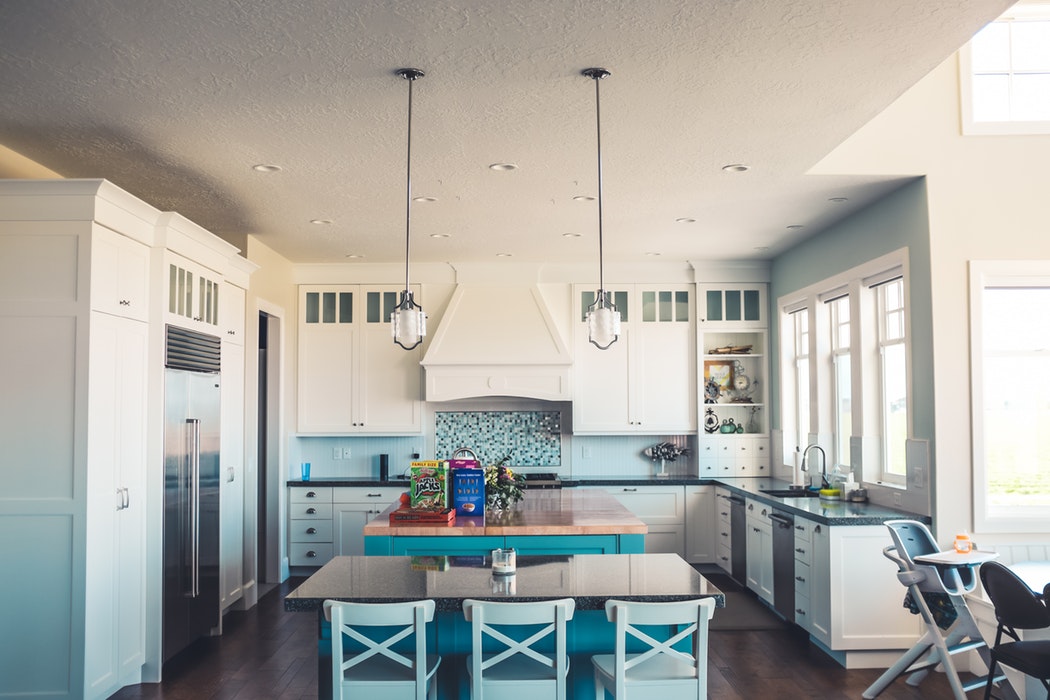Whatever your reasons may be, you may find yourself looking for a new house in the near future. However, shopping for a home can be a tricky process, especially if it’s been a while since you last purchased a house.
But, if you find yourself in need of a new house quickly, you may not have time to sell your home. Plus, there are signs that this is a buyers’ market, rather than a sellers’ market. Never fret: you can always rent out your home, and make a profit in the process.
Buying a new home
Before buying a new home, you should know what steps are required.
How much “house” you can afford: The first step to purchasing a new home is deciding exactly how much home you can afford. Consider your debt-to-income ratio. Your monthly house payment should only be about a third of your income. This ratio can help you determine if you’re ready to take on a mortgage.
First, consult a home loan repayment calculator. This tool will help you figure out exactly how much you’ll be paying on a specific home. Using this information, you can also calculate your DTI.
For example, let’s say you’re buying a $200,000 home, and your down payment is $40,000. If your monthly gross income is $4,000 and your anticipated mortgage payment is $773.12, your DTI is 19 percent. This makes you a great candidate for a pre-approved mortgage.
Get pre-approved: Cash buyers used to be favored by sellers. However, there are very few cash buyers left in today’s market. Instead, approaching a seller and their agent with a pre-approval letter is the best way to close on your deal.
Getting your mortgage pre-approved requires a conversation with a loan officer and a deep look at your personal finances and credit history.
Find your home: Finding your future home can be as simple as searching online or can entail working with a real estate agent. A buyer’s agent can help you find the right home for your budget and can sometimes even help find a house for you that has yet to be officially listed.
They’ll also negotiate the terms of sale on your behalf, so that you pay only what you want to pay. The best part? A buyer’s agent costs nothing; a seller pays a real estate agent’s fees.
After you’ve found your home, you can have your agent submit an offer, set up a home inspection and appraisal, and then after you get your final mortgage approval, close on your new home.
Becoming a landlord
While you’re purchasing your brand new home, you should prepare to rent out your existing house.
Set your goals: Prior to listing your house as a rental, you should set some goals. Decide whether you want to rent the home out long-term or if this is just a stopgap until you can sell your home for a profit.
If you own this second house outright, any money you make can be used to help pay your new mortgage and the rent you charge can reflect that. However, if you’re still paying off the mortgage for this existing home, you may want to consider that in the price you set for your rent.
Know the law: You should also know basic landlord-tenant laws before you begin the process of renting out your home. For example, the Fair Housing Act states that you cannot discriminate against any potential tenants based on their race, color, nationality, religion, disability, or familial status.
This also extends to any marketing you do on behalf of your new rental property. Knowing both your rights and your future tenants’ rights is of utmost importance.
Find the right tenants: Once you’ve set your goals and researched renters’ rights, it’s time to find your perfect tenants. Create your listing on a site that also offers an online rental application. This will save you time by keeping all of your potential tenants’ profiles in one place.
You’ll also save money on pricey background checks and credit history reports. After you’ve checked your applicants’ references, you can begin making money from your rental property and taking advantage of the many benefits associated with being a landlord.
Purchasing a new home can be a stressful process. However, if you have a viable plan for making money from your existing home, it can also be an exciting step towards a brighter, more economically sound future.
